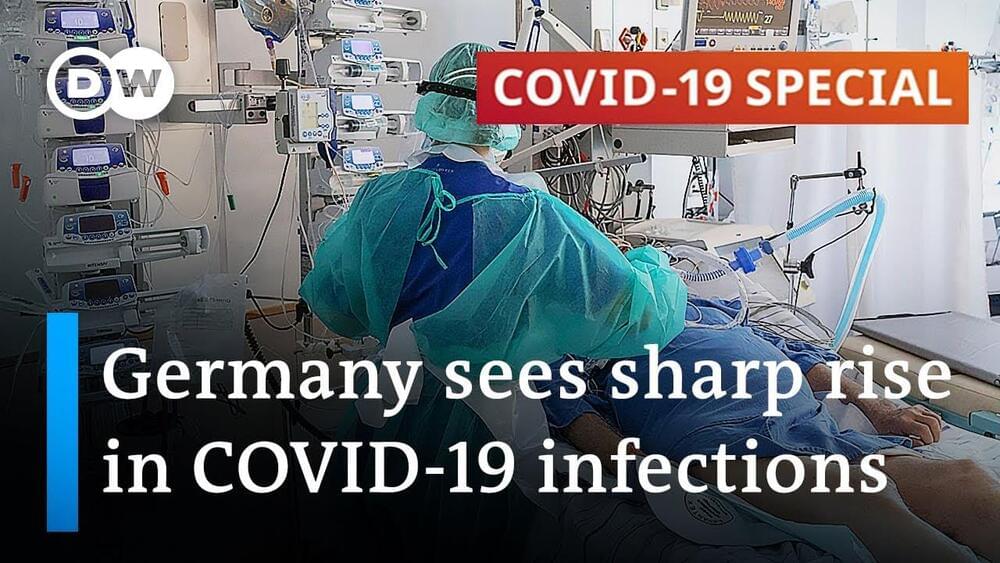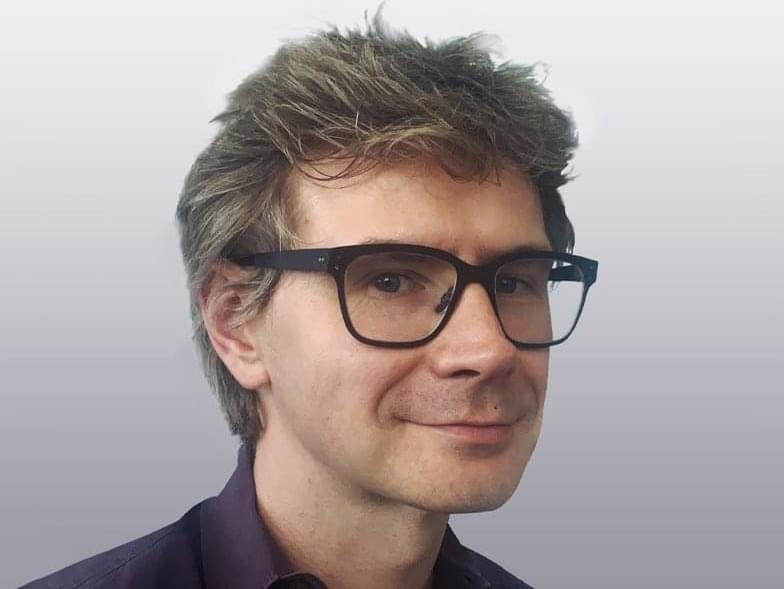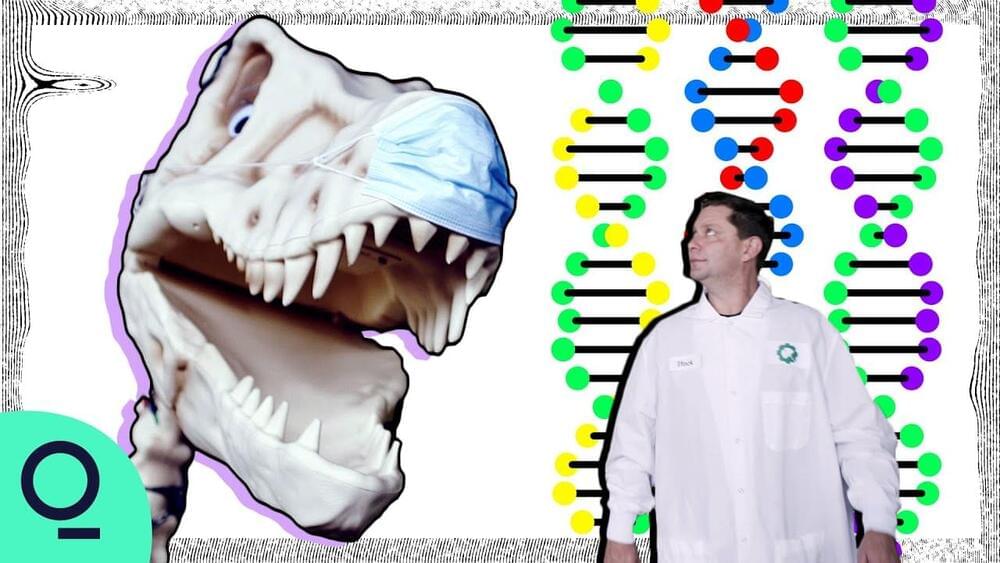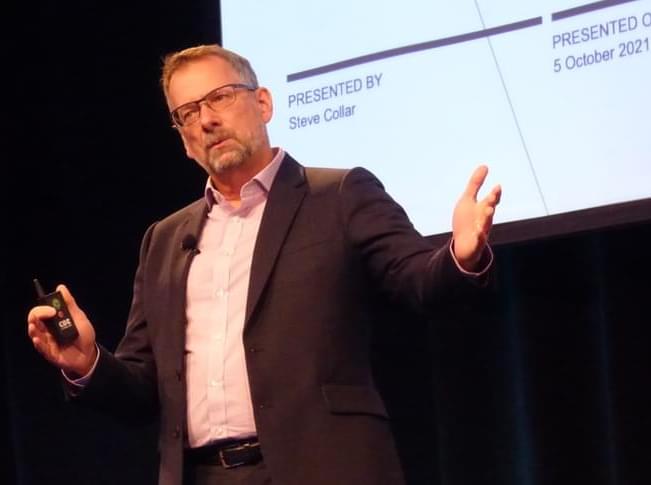Germany’s COVID infections are now higher than ever. And the numbers keep growing.
That’s despite a relatively high vaccination rate. Almost 70 percent of Germans are fully vaccinated against the virus.
One of the main reasons are breakthrough infections — where the disease manages to bypass the jab.
The only consolation for the vaccinated is that severe illness is rare.
Subscribe: https://www.youtube.com/user/deutschewelleenglish?sub_confirmation=1
For more news go to: http://www.dw.com/en/
Follow DW on social media:
►Facebook: https://www.facebook.com/deutschewellenews/
►Twitter: https://twitter.com/dwnews.
►Instagram: https://www.instagram.com/dwnews.
Für Videos in deutscher Sprache besuchen Sie: https://www.youtube.com/dwdeutsch.









